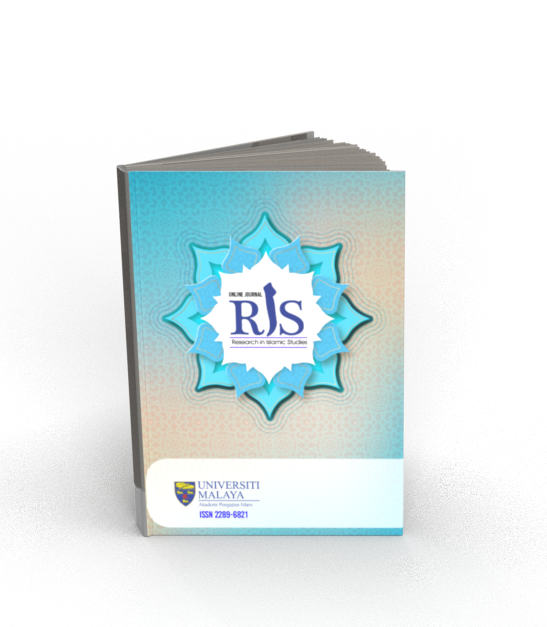Main Article Content
Abstract
Marriage in Islam is a highly encouraged Sunnah for all Muslims. However, the evolution of time has necessitated that every marriage undergoes several procedures to ensure its legal validity in a given country. The issue of unregistered marriages abroad among Malaysian Muslim citizens has been increasing day by day. This phenomenon is attributed to several factors, including a lack of knowledge about marriage application procedures abroad, polygamy without official permission, the absence of family consent, and the complexity of marriage registration procedures. Therefore, this article highlights a study on the marriage registration application procedures for local citizens marrying abroad, focusing on the Negeri Sembilan Islamic Religious Affairs Department (JHEAINS) as the research subject. This study adopts a qualitative research approach utilizing semi-structured interview techniques. An interview was conducted with a Marriage, Divorce, and Reconciliation Officer at JHEAINS to gather information regarding the marriage application procedures for Malaysian Muslim citizens abroad. The study found that marriage registration procedures abroad are divided into two categories which are marriages between Malaysian citizens that take place abroad and marriages between a Malaysian citizen and a foreign national abroad. The registration process involves the submission of 12 essential documents. The findings emphasize the importance of public awareness and understanding of marriage procedures to reduce instances of unauthorized marriages abroad. In conclusion, this article provides significant insights into the issue of overseas marriages and highlights the need for education and public awareness to ensure adherence to proper marriage procedures.
Keywords
Article Details
Copyright (c) 2025 Online Journal of Research in Islamic Studies

This work is licensed under a Creative Commons Attribution-NonCommercial 4.0 International License.
Copyright Notice
By submitting manuscripts to the Online Journal of Research in Islamic Studies (RIS), authors agree to transfer copyright to the journal. However, authors may republish their work or grant others permission to republish it; in which case it should be accompanied by a proper acknowledgment that the work was originally published in the Online Journal of Research in Islamic Studies (RIS). The journal adopt CC-BY-NC licence which authors may also share and distribute their article anywhere of non-commercial website, social media and repositories immediately on publication.
Authors may also reuse the Abstract and Citation information (e.g. Title, Author name, Publication dates) of their article anywhere at any time including social media such as Facebook, blogs and Twitter, providing that where possible a link is included back to the article on the journal site.
